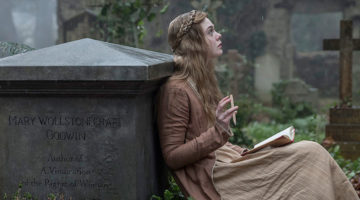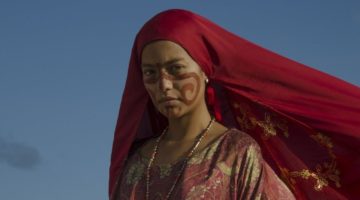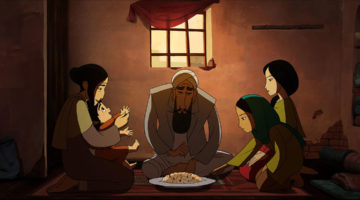Review: Hochelaga, Land of Souls
Feel-good Canadian propaganda is a hard sell
Framed by a present-day thesis defence, Hochelaga, Land of Souls centres around Baptiste Asigny (Samian) as he uncovers the location of Hochelaga, the Iroquois village which Jacques Cartier visited before naming Montréal. Through a series of vignettes attached to the archaeological discoveries which Asigny makes, and spanning eight centuries, Hochelaga feels a lot like director François Girard’s 1998 film, The Red Violin — with similar structure, Girard this time focuses on Canadian history.
There is a lot to admire in Hochelaga: wonderful performances, polished beauty, and historical intrigue make the film engaging, while the respect and agency given to Indigenous characters is a refreshing version of history which is so often represented by racist reduction. But Girard is perhaps too generous. Nearly all characters are good and noble. Indigenous women and Settler men, Black servants and white masters — all appear equal in Hochelaga, which erases real socio-historical oppression. The result is a film devoid of critical thought, and despite its slickness, the film ends up feelings like a feature length Heritage Minute: cloying and suspiciously patriotic in the face of real inequality.







